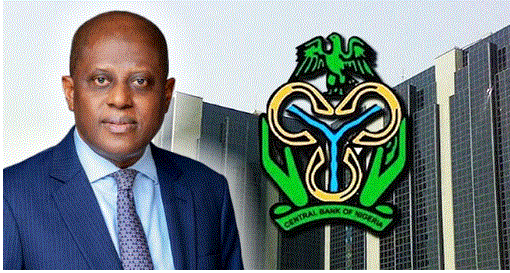The Central Bank of Nigeria (CBN) has issued a clarification that only accounts inactive for over 10 years will be classified as dormant and eligible for investment purposes. This announcement came through a recently published document titled “FAQs – Guidelines on Dormant Account and Unclaimed Balances – July 25, 2024,” available on the CBN’s website.
Dormant Accounts Policy
According to the new guidelines, a dedicated office will be established to manage dormant accounts and unclaimed balances. The policy, known as the Guidelines on the Management of Dormant Accounts, Unclaimed Balances and Other Financial Assets in Banks and Other Financial Institutions in Nigeria, aims to operationalize Section 72 of the Banks and Other Financial Institutions Act, 2020. This policy seeks to standardize the handling of dormant accounts and unclaimed balances across financial institutions in Nigeria.
Investment of Dormant Funds
The CBN had previously indicated plans to invest funds from dormant accounts and unclaimed balances in Nigerian Treasury Bills and other government securities. The apex bank assured that these funds would be managed in trust. Beneficiaries are guaranteed the refund of the principal amount along with any accrued interest within 10 working days of submitting a reclaim request through their financial institution.
Operational Framework
The guidelines outlined by the CBN provide a structured framework for financial institutions to manage dormant accounts and unclaimed balances, ensuring transparency and accountability. The dedicated office for managing these funds will be responsible for overseeing the investment and disbursement processes, ensuring that beneficiaries receive their entitlements promptly upon request.
The Central Bank of Nigeria’s clarification on the management of dormant accounts and unclaimed balances provides a clear operational framework for financial institutions. By investing these funds in government securities and ensuring prompt refunds to beneficiaries, the CBN aims to maintain trust and integrity in the banking system. This move aligns with the broader objective of enhancing financial stability and promoting effective utilization of idle funds within the economy.















